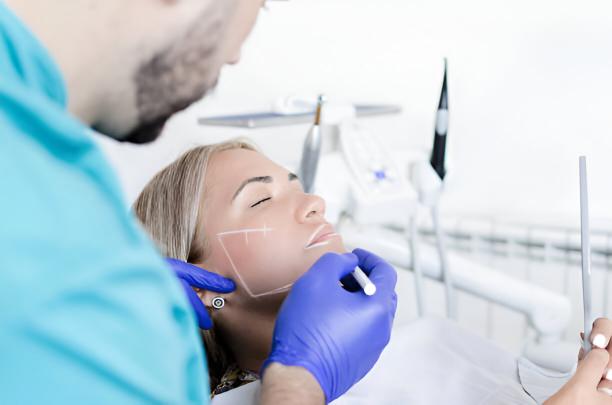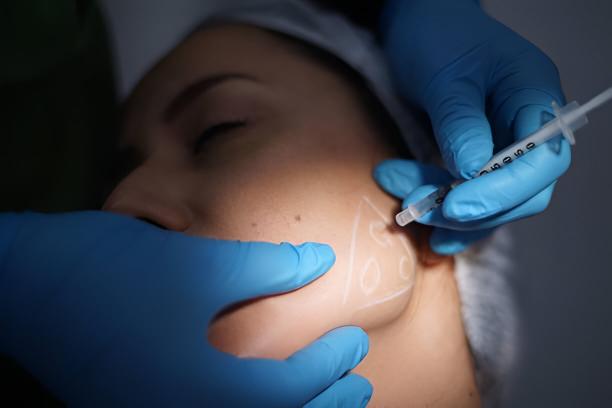Jaw surgery is used to correct misaligned jaws. People with facial fractures look underconfident, especially when they move in public. Some people have facial fractures by birth. Jaw surgery can keep a check on many such problems and improve your appearance.
Take a look below to learn the reasons why corrective jaw surgery is recommended.
- Enhance jaw functioning: Corrective jaw surgery is recommended if you are looking for an improved jaw function. You can swallow, speak, and chew efficiently with enhanced jaw function.
- Fixing Jaw Injuries: It is used to fix jaw injuries. Whether it is birth defects, facial fractures, or broken jaws, you could contact an orthodontist to know whether you are the right person for jaw surgery.
- Reduces Sleep Apnea: Corrective jaw surgery improves your airway function so you can sleep well daily.
- Receding Chin: CorrectiveJaw surgery can correct this problem and give you a balanced facial appearance.
If you are searching for the best orthodontist in Decatur for your treatment, you can contact the Clinebelle + Anderson Orthodontics team. Their team will know your problem in detail and suggest the best treatment. Whether it is Invisalign, braces, or jaw surgery, contact their team freely; they will gladly assist you.
An orthodontist evaluates your condition and prepares your teeth before the surgery. An Orthodontist does the surgical planning with the maxillofacial surgeon and ensures that you get the output you are looking for.

Before and After the Surgery
Before Surgery
- Your Orthodontist and surgeon will check the X-rays, dental impressions, and facial photographs to evaluate your jaw alignment.
- Most Orthodontists recommend braces for repositioning your teeth. Braces will be placed before your surgery.
- They will also conduct blood tests to see whether your health supports the surgery. It is better to tell your Orthodontist proactively if you have any health problems during your first appointment.
During Surgery
- General anesthesia will be given to the patients during the surgery, which helps the patients stay comfortable during the procedure. After receiving anesthesia, most patients fall asleep. They do not feel any pain.
- Incisions will be made carefully inside the patient’s mouth to access his/her jawbone.
- The next step is cutting and repositioning the jawbone carefully.
- Surgical screws and plates will be used to make the jaw remain in its new position.
After Surgery
- Most patients experience facial swelling after the surgery. However, this facial swelling disappears within a few weeks after the surgery.
- Most patients experience pain after the surgery, which can be managed by using the medication prescribed by an orthodontist.
- You may experience a little discomfort when you try to open your mouth.
- It is a strict ‘no’ to having hard and sticky foods after the surgery. You must eat only soft foods after the surgery for about two months. Your orthodontist may recommend a liquid diet for a few days after the surgery.
- Visit your Orthodontist as per the follow-up schedule.
- You cannot work immediately after the surgery. You have to be in rest for around 2 to 3 weeks after the surgery. After that, you can get back to your work, but you must avoid taking stress.
Stay peaceful and avoid negative thoughts before, during, and after the surgery to see the best result.


